One Small Step: The Story of the Space Chimps (2003)
ジャンル : ドキュメンタリー, 履歴
上映時間 : 56分
演出 : David Cassidy, Kristin Davy
シノプシス
One Small Step: The Story of the Space Chimps is the dramatic and moving real-life tale of the United States Air Force chimponauts and their NASA compatriots.

A documentary about the Apollo 17 mission to the Taurus-Littrow on the moon, the final lunar landing mission in the Apollo program, December 1972. Produced by A-V Corporation for NASA. The film was distributed both as an ephemeral film (shown to an audience via a 16mm film projector), and was also shown on TV (and was shown on both public and commercial stations per a search of vintage newspapers).
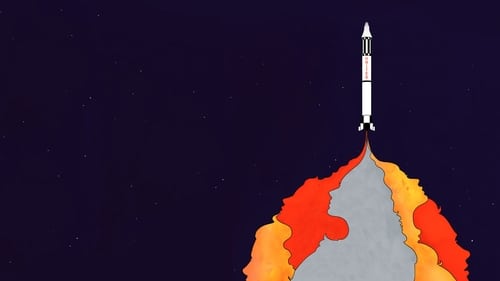
After rigorous testing in 1961, a small group of skilled female pilots are asked to step aside when only men are selected for spaceflight.

A Dog's Life examines how our canine companions perceive the world - from the moment they take their first morning walk to the time they curl up at our feet to go to sleep. We accompany Daisy, a Jack Russell Terrier, through an average day and on the way discover that, while dogs are not miniature humans, they are amazingly well adapted to life with us. But how well do we know them?

When chimps go to war...
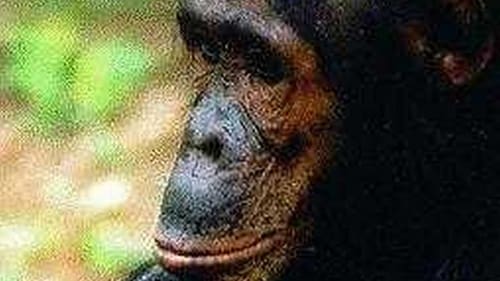
Documentary about chimps in Gombe.

The most complete record ever available of this historic mission. This documentary chronicles America's "one giant leap for mankind" from launch to landing with comprehensive footage from the film and videotape records of Apollo 11, the landmark event of man's achievement in the 20th Century. Features all TV transmissions, all 16mm on-board film, multi-angle views of the launch and lunar landing, and multiple audio tracks.
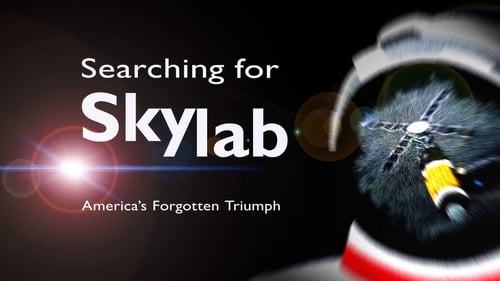
The first American space station Skylab is found in pieces scattered in Western Australia. Putting these pieces back together and re-tracing the Skylab program back to its very conception reveals the cornerstone of human space exploration.

This film presents the principal features of the planets and the National Aeronautics and Space Administration (NASA) program for exploring them during the 1970s.

A billion miles from home, running low on fuel, and almost out of time. After 13 years traversing the Saturn system, the spacecraft Cassini is plunging to a fiery death, becoming part of the very planet it has been exploring. As it embarks on its final assignment - a one-way trip into the heart of Saturn - Horizon celebrates the incredible achievements and discoveries of a mission that has changed the way we see the solar system. Strange new worlds with gigantic ice geysers, hidden underground oceans that could harbour life and a brand new moon coalescing in Saturn's magnificent rings. As the world says goodbye to the great explorer Cassini, Horizon will be there for with a ringside seat for its final moments.

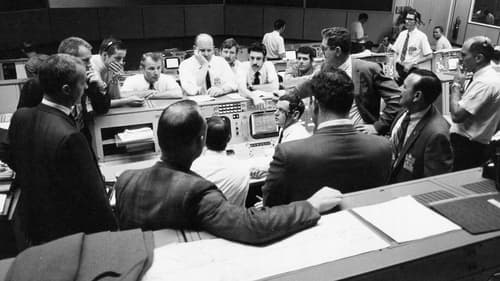
April 13th, 1970, 180,000 miles from Earth, a devastating malfunction leaves Apollo 13 leaking previous oxygen and its crew of three astronauts facing a life and death crisis. If Mission Control cannot find a way to bring Apollo 13 home, the astronauts will be stranded 200,000 miles from Earth in their dying ship. Now with limited power and supplies on board the spacecraft, the ground teams work around the clocking, engineering creative solutions to overcome carbon dioxide poisoning, dehydration and the freezing temperatures of deep space, to ensure the crew's survival. Using spectacular NASA footage, exclusive interviews with Apollo space scientists and stunning visual effects; this film explores the thirteen remarkable factors that brought the crew safely home, and the full story of the courage and ingenuity that cemented Apollo 13 as NASA's finest hour.

Produced by NASA contractor Rockwell International, this circa 1978 film was made shortly before the successful Apollo-Soyuz space mission. It is followed by a second film SPACESHIP EARTH showing on-going work on the new Space Shuttle. APOLLO-SOYUZ was created prior to the actual mission, and uses footage from prior Apollo missions and concept art. The film also shows the construction and assembly process for the Apollo side of the mission with Deke Slaton and crew shown. The docking module is shown at 1:52 and again at 2:43 when it was displayed at the 1973 Paris Air Show.
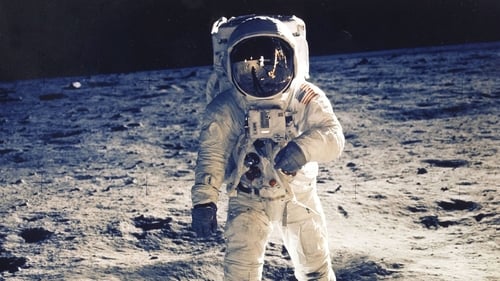
Travel alongside the astronauts as they deploy and repair the Hubble Space Telescope, soar above Venus and Mars, and find proof of new planets and the possibility of other life forming around distant stars.

This film shows how far we have come since the cold-war days of the 50s and 60s. Back then the Russians were our "enemies". And to them the Americans were their "enemies" who couldn't be trusted. Somewhere in all this a young girl in Oklahoma named Shannon set her sights on becoming one of those space explorers, even though she was told "girls can't do that." But she did.

A documentary short originally played at the Kennedy Space Center's 70mm theater during the 1960's before the moon landing in 1969 when it was replaced with a new short based on the moon landing.
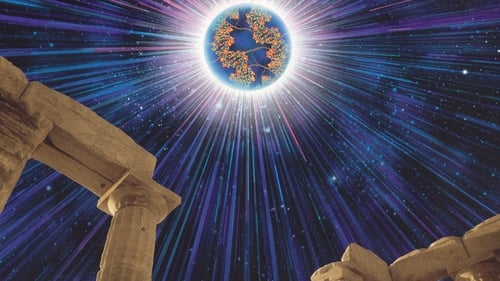
The Academy Award® nominee Cosmic Voyage combines live action with state-of-the-art computer-generated imagery to pinpoint where humans fit in our ever-expanding universe. Highlighting this journey is a "cosmic zoom" based on the powers of 10, extending from the Earth to the largest observable structures in the universe, and then back to the subnuclear realm.

This 3-DVD collection is the most comprehensive ever assembled on the Saturn V. Packed with spectacular footage, from every launch of a Saturn V to unique management reports, an original documentary, pad camera footage and more. Rare extras of engine tests, rollouts, pad operations. One of most popular sets ever.
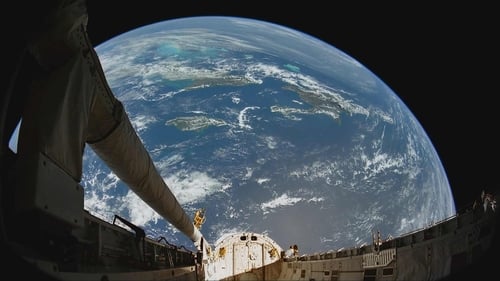
From the unique vantage point of 200 miles above Earth's surface, we see how natural forces - volcanoes, earthquakes and hurricanes - affect our world, and how a powerful new force - humankind - has begun to alter the face of the planet. From Amazon rain forests to Serengeti grasslands, Blue Planet inspires a new appreciation of life on Earth, our only home.
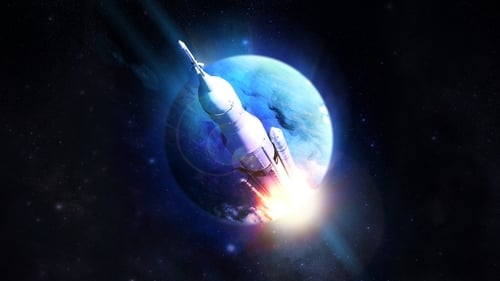
Examine the remarkable role NASA plays both in our country and for our planet. Covering sixty years and beyond, the film celebrates past accomplishments, investigates current initiatives, and surveys future plans. Follows NASA to the moon, to the surface of Mars, to the outer reaches of our solar system and, above all, back to our home base: Earth.



















